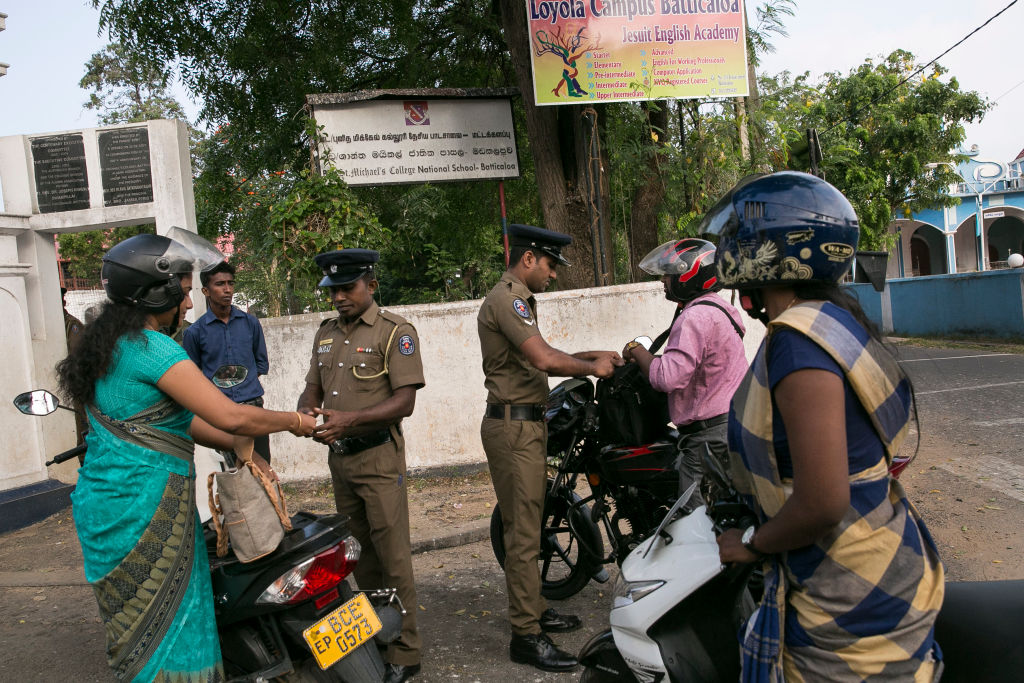
Sri Lanka ends state of emergency

The four-month state of emergency in Sri Lanka that was declared following the Easter suicide bombings is over.
President Maithripala Sirisena declared the state of emergency on April 21 after attacks on three hotels and three churches. 258 people were killed.
The official government printer also confirmed that there was no notification re-imposing the state of emergency, which gives sweeping powers to police and security forces to arrest and detain suspects for long periods.
The government went on the offensive across the country and hunted down members of a local extremist group which was held responsible for the attacks and which claimed allegiance to ISIS.
Police have said that all those directly responsible for the suicide bombings have either been killed or arrested.
This week Tourism Minister John Amaratunga said he asked the president to lift the order as an indication to potential tourists that the situation in the country was back to normal.
With four months left in 2019, the Sri Lanka Tourism Promotion Bureau says the country needs 175,000 visitors per month to hit the two million target tourism officials set last year.






